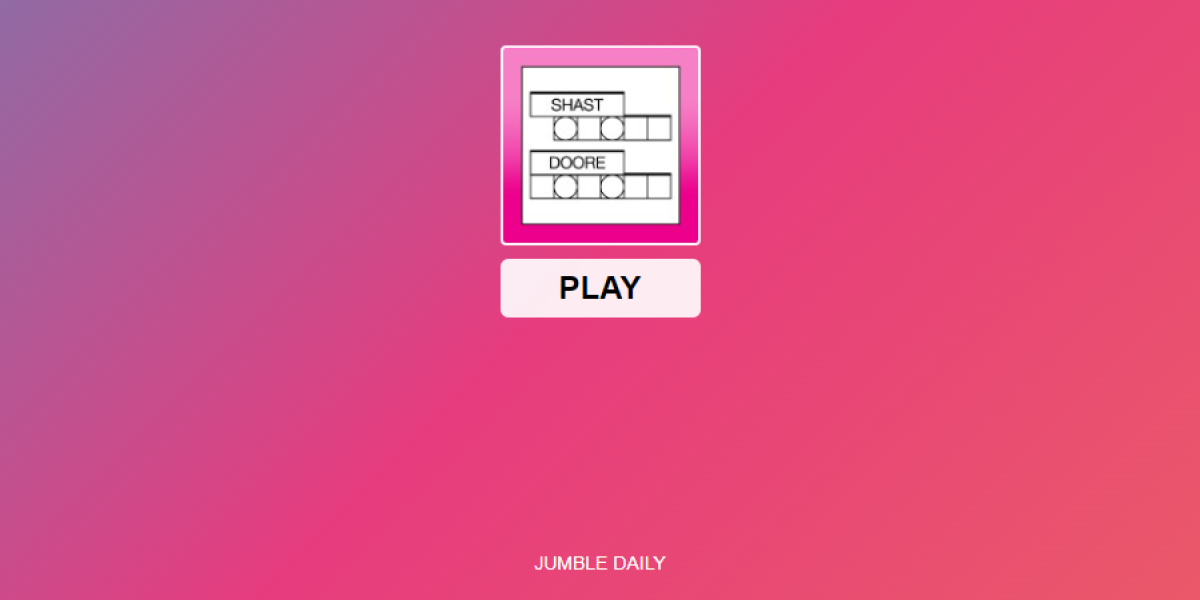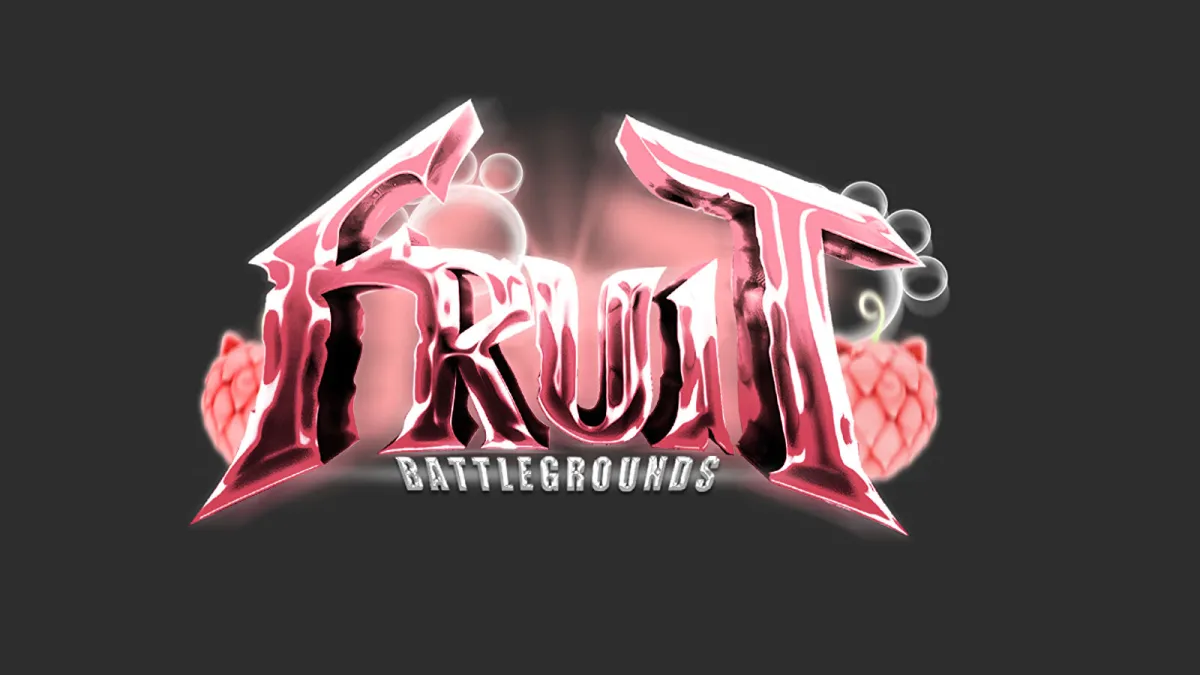About a year ago, Russian Dota 2 player Aleksey “Solo” Berezin bet against his own team. He won $322.
Since then, the “322” catch phrase has become part of the common Dota nomenclature. Casters use it to mock bad plays—ones that are so bad it seems like the players are throwing the game.
But this time, the term is all too applicable.
Eight players from Filipino Dota 2 teams Mineski and MSI Evolution Gaming Team were found to have fixed a number of matches. Fans are calling it the “#322 scandal,” or the “Phillipines 322.”
Match fixing is a problem in any sport. The “Black Sox” scandal, where members of the Chicago White Sox put in the fix in the 1919 World Series, remains one of baseball’s most famous black eyes. A similar fiasco struck esports in 2010, when 11 StarCraft: Brood War players were implicated in a match fixing ring in Korea dating back years, including Ma “sAviOr” Jae Yoon, one of the game’s greatest talents. Ma instantly turned from one the game’s most beloved geniuses into its most hated villain.
The current case in the Philippines may not have the scope of those scandals, but it’s part of a worrying trend for Valve games Dota 2 and Counter-Strike: Global Offensive. The in-game item economy Valve built into both titles serves as fertile ground for betting, often with thousands of dollars worth of items on the line, and that leads to inevitable pressure to fix matches—especially ones that in many ways don’t matter.
The games in the Philippines case include one match between Mineski and Team Immunity and another between Mineski and the MSI team. The Starladder games had little meaning for either team—neither was in contention for a playoff spot, so the stakes were low. Why not make a little extra money? That must have been what the players were thinking, but now it’s put their careers in jeopardy.
A series of screenshots from a Facebook conversation between Michael Vincent Vallejos, who runs a Dota 2 item trading commmunity on Facebook, MyDotA2Community, and Jonathan Radores, a former stand-in for Mineski, outlines one particular fix.
Vallejos orders a fix through Jonathan Radores, who contacts Mineski players Mark Anthony “Jacko” Soriano and Richard “Paseo” Minowa. MSI would throw the pick and ban phase, giving Minowa the champion Tinker and allowing the team to win. The match history shows Jacko got his Tinker.
Another screenshot shows Vallejos and Radores discussing Mineski throwing a match against Immunity. Three Mineski players, Soriano, Minowa, and Joven Pancho, would receive a sum of around $400 to throw the game. Their teammates had no idea this was going on.
Vallejos and Radores apparently have a history with various crooked activity, allegedly scamming others out of valuable items like keys, essentially the currency of the Dota economy, and even a Golden Baby Roshan, worth thousands of dollars.
There are hints the conspiracy extends beyond the two outed teams—in one screenshot, Vallejos states that he has his hands in a number of other organizations. But right now, only Mineski and MSI EvoGT are confirmed offenders.
Both Mineski and EvoGT management conducted their own investigation into the matter, leading to the “preventive suspension” of the players involved. The eight offenders then turned in their resignations.
Dota 2 competitions are also responding to the scandal. The Summit 2 replaced Mineski and MSI with Singaporean team FD and Korean squad Rave. Whether other organizers or teams will level penalties against the offending players remains to be seen.
Match fixing is a serious issue in esports. The sanctity of competition is what makes watching skilled players battle so great. But esports is running into a problem that traditional sports don’t often face—the matches in question hold little competitive meaning for the players involved. While the potential risk, being banned for life from Dota 2, may be high for some, the reward may still outweigh that risk. How many times has this happened, and the players weren’t caught?
H/t Team Liquid






Published: Oct 17, 2014 01:32 pm